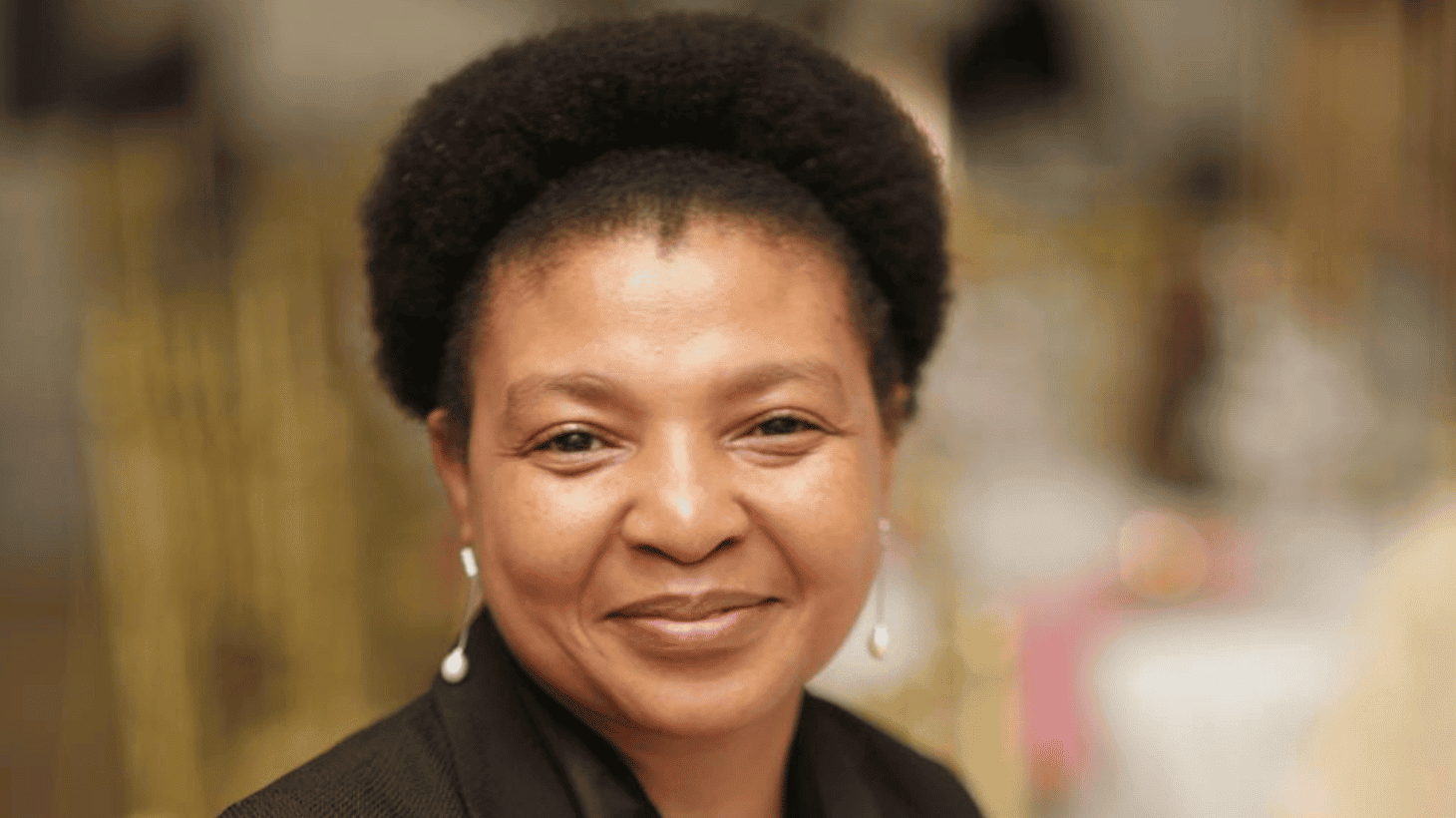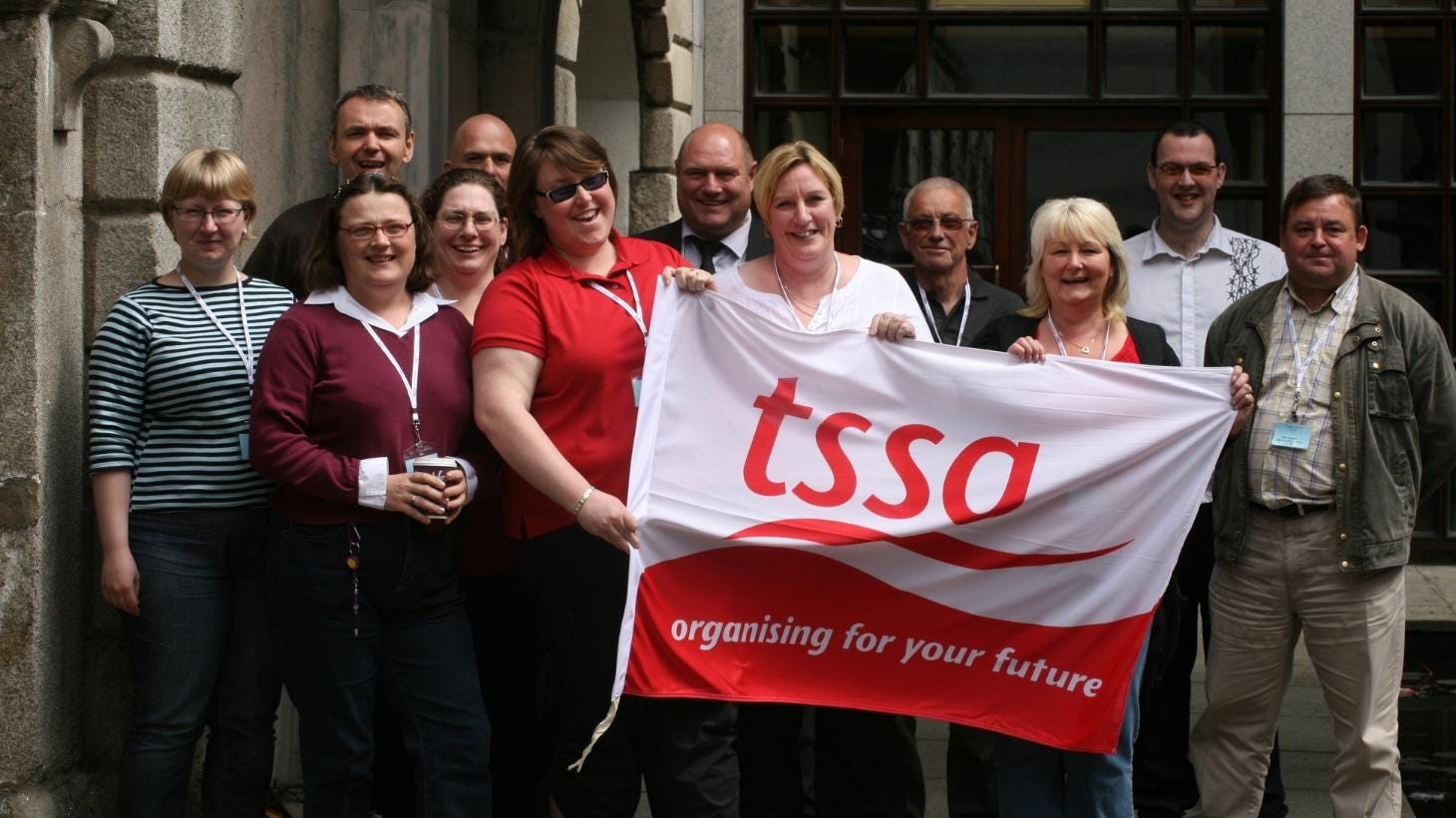“You've got to work 10 times as hard as your white counterparts to be seen” | Black History Month

In this blog for Black History Month 2023, TSSA Treasurer Mary Sithole discusses the unique barriers that ethnic minorities face in the workplace, and what needs to be done to break those barriers down.
I joined TSSA’s Emix group immediately after I became a rep. It’s a self-organising group made up of ethnic minorities. We come together to discuss issues that affect BAME (Black, Asian and Minority Ethnic) members in the workplace, issues that we feel our union needs to take into consideration. We look at historic events that have happened and how they impact us. And how we can move the journey forward in bringing about change.
This Black History Month, it’s important to remember that a lot of ethnic minorities still face racial discrimination in the workplace. Some still face the inability to progress. Not because they don’t have the skillset, or they don’t have the knowledge or the qualifications. But because those doors don’t open easily for ethnic minorities.
When you do 10 applications and you keep getting rejected, you feel like you can’t go on applying and you give up. So in our Emix group, we talk about how we, as a union, can support and encourage members. We find ways to make their applications stand out and demonstrate to the employer that they’re worth being given that position. If you feel that you’re being discriminated against, we also discuss what you need to be doing to challenge that type of behaviour in the workplace.
The biggest barrier is that sometimes the worth of people of colour is not recognised immediately. You’ve got to work 10 times as hard as your white counterparts to be seen.
There’s also a cultural barrier. From an African perspective, we’re more reserved in the way we’re brought up, we’re always taught to wait and so we don’t necessarily put ourselves forward immediately. That becomes a barrier, because you’re waiting for someone to recognise you.
So what we’re trying to do in Emix is to help people put themselves forward. To make sure you are able to speak up, approach your manager, quantify your qualifications and claim them - because they are yours - and tell your manager ‘I have the skillset to do this’.
There’s also subtle racism in the workplace. When it comes to proving it, it’s difficult. It’s not obvious, but it’s there. When it comes to applying for jobs, and they’re not offering you that job, the reasons are not very clear. When you ask for feedback, you don’t really get it. Everything is dismissed because the way it was said was in a subtle manner. That unconscious bias, that subtle racism, presents a very big challenge for ethnic minorities in the workplace.
That’s how we’re trying to change the status quo in the workplace. We have Emix, but it’s not enough. I think we can try to do a little more to engage our members.
One difficulty we have as a union is how to engage ethnic minorities who are already disadvantaged in dedicating time towards union activities. Because when you are paid a low wage and you’re struggling, the union is not going to be a priority. If you look around at the current hostile immigration policy, it’s affecting a lot of ethnic minorities.
Becoming the TSSA’s first black female treasurer felt significant. If you look at the demographic in London, you’ve got a lot of ethnic minorities and it’s good for our union to be diverse and inclusive.
It’s a good thing that we’ve just elected a general secretary who’s a woman of colour. Our union structure is demonstrating that we are listening to members, we are willing to change and become diverse. I’m pleased that we achieved that significant historical milestone in our union. I don’t want it to stop at me being the first black treasurer.

